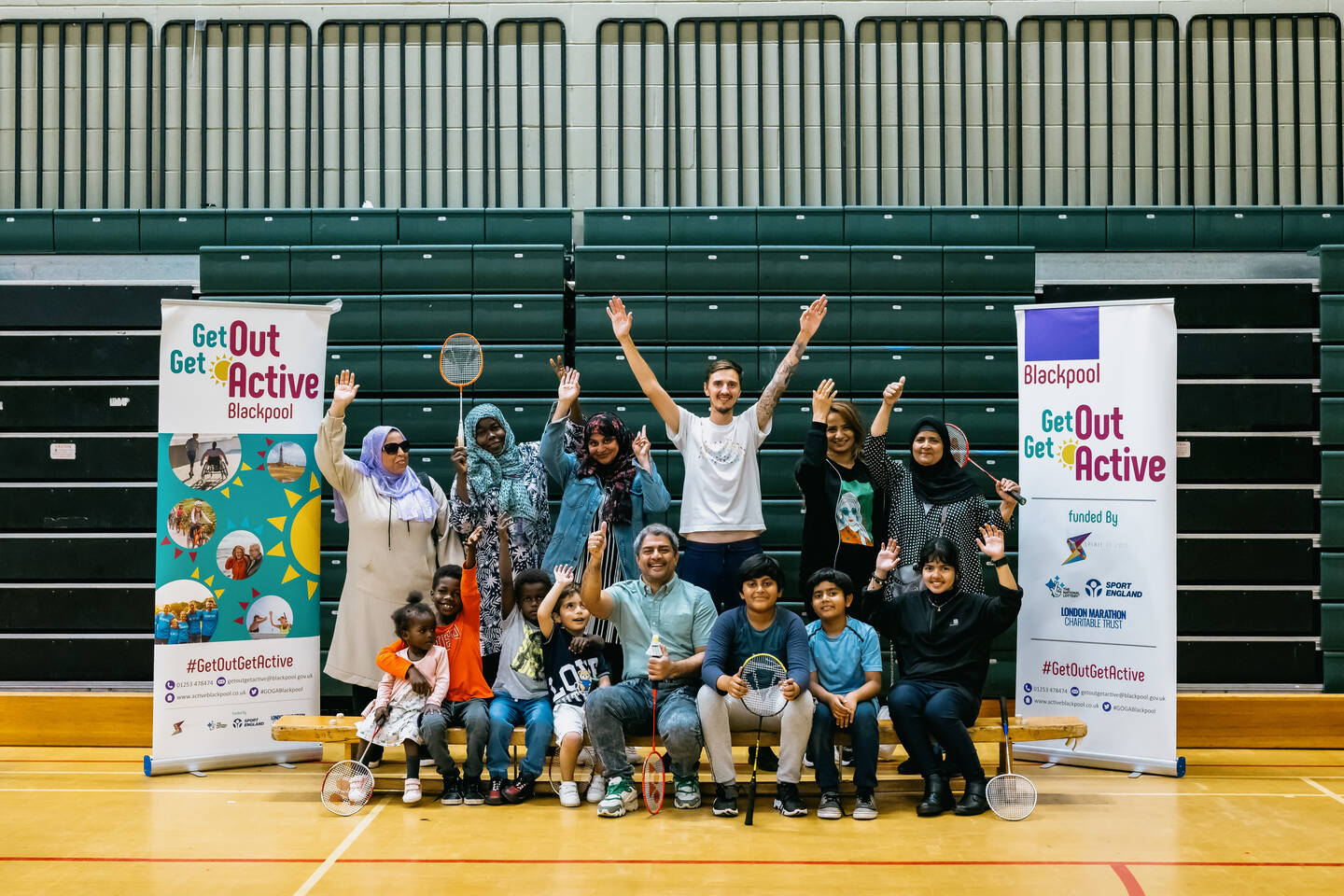GOGA wellbeing benefits recognised in new report
Spirit of 2012 and Pro Bono Economics (PBE) have published a new report showing the wellbeing cost effectiveness of Spirit’s grants.

Get Out Get Active (GOGA) was made possible by founding funder Spirit of 2012. They initially funded the four-year programme (2016 - 2020) to reach 16,500 of the very least active disabled and non-disabled people. They invested another £3 million for phase two of the programme (2020 - 2023).
Additional investment from Sport England and London Marathon Foundation allowed the programme to continue to be focused on getting some of the UK's least active people moving.
In a new report Spirit have worked with Pro Bono Economics (PBE) economists to help funders to measure what matters. It provides practical guidance for using wellbeing measurement to understand the true value of social impact programmes.
The analysis has highlighted that GOGA is likely to have had a ‘protective’ wellbeing impact for disabled participants.
Disabled participants of GOGA were estimated to experience an average 0.05-point improvement in life satisfaction, after an average of 6.6 months. Since the wellbeing of disabled non-participants could have decreased by around 0.38 in this same period, this represents a total of 0.43 life satisfaction points over 6.6 months.
When this impact is monetised, it suggests that GOGA was delivering around £3.70 of wellbeing benefits for every £1 spent.
Overall the report argues:
- Funders can help to grantees to overcome barriers to wellbeing evaluation: Getting buy-in and agreement from grant holders for using any measurement framework is vital, and wellbeing measures are no exception.
- There are significant benefits to identifying matched comparison groups: Changes in wellbeing need to be understood in the wider context. The COVID-19 pandemic took place in the middle of many of the Spirit of 2012 funded projects, when subjective wellbeing dropped, especially around specific lockdown events. In these cases, ‘maintaining’ a starting level of wellbeing for participants could well be a positive impact.
- Funders should facilitate access to the right expertise to support charities with impact measurement: While one of the benefits of using the ONS4 subjective wellbeing measure its simplicity and accessibility, there are some elements of impact measurement that require specific technical expertise.
- We need to develop standardised measures to capture subjective wellbeing data from people with learning disabilities and neurodivergence: The ONS4 questions are not accessible for some people, including those with severe learning disabilities and neurodivergence. At the same time, these people may be some of the target group(s) of a particular intervention, for whom it is of particular importance to hear their views and understand the potential impact.
Ruth Hollis OBE, Chief Executive, Spirit of 2012, said:
"We wanted to measure what really matters to the people we support. Using simple wellbeing tools helped us build a deeper understanding of impact while staying focused on people, not process. This report shares the lessons we’ve learned so that others can do the same."
Get Out Get Active was recently awarded Sport England funding to continue through 2025 and into 2026. Find out more on the GOGA website.